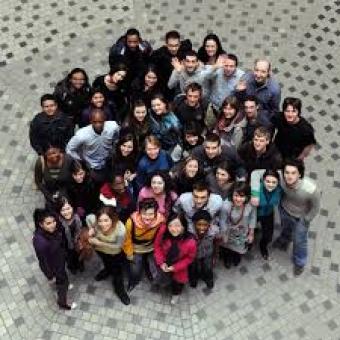

Last year, at TinTech 2017 – a technology strategy event in London - I remember a delegate from the audience suggesting that insurance companies should stop calling their products “Insurance”; as if there is no trust and value in that name any more. According to research by PwC, Insurance CEOs see the lack of trust in the insurance business as a threat to growth.
Today consumers are turning to each other for trusted information. Trust is a key in driving Millennials to focus more on value and experience. When it comes to personal value, more than half the UK Millennials chose, “Working hard and getting on in life.” Have you heard of the diamond Tiffany & Costco dilemma? Well, why spend your entire budget on a diamond from Tiffany when you can get – allegedly - a decent quality one much cheaper at Costco, and then spend the other half of the budget on an epic backpacking adventure? Experiences tend to be ranked as the most important thing, while money ranks within the top three major causes of anxiety amongst Millennials, according to a survey commissioned by the Varkey Foundation.
When I go to insurance related conferences I am often get asked, “What’s the next big thing that is going to disrupt the industry?” Answers are: AI, Blockchain, Machine learning, Big Data, Talent Gap, Regulators etc… All these drivers could indeed determine the path for insurance industry evolution. But I wonder why the industry does not take a more proactive approach to consumer behaviours, and how they keep changing? The continuous search for trust and value by consumers, led by Millennials, should inform the industry in positioning itself better. New consumer quandaries include, “Are we going to rent instead of buy, stay unmarried, or shall we Uber around instead of buying a car?” The ability to capture and solve these quandaries will make any business a disruptive-innovator. Bear in mind that 74% of Millennials believe that the corporate world has the power to make a difference, and solve the challenges that concern them (Deloitte Millennial Survey 2017). In addition, according to the Boston Consulting Group (BCG) Millennials already control nearly $17 trillion, or 10%, of the world’s wealth. That is expected to rise to 16% by 2020.
The point here is not so much about the size or wealth of this generation, but rather their state of mind and behaviours, and the fact they are spreading to non-Millennials, too. In fact, the demographic group with the biggest growth in smartphone use are pensioners, or senior citizens, according to a recent study by Kantar TNS. With the varied range of spending habits between Millennials, Generation X, Baby Boomers and Traditionalists to consider, insurance companies need to understand better their customer values, and demystify insurance, if they want to become disruptive-innovators. Millennials, their mindset, and the impact on other demographic groups is absolutely something for insurers to consider. You could say there is a state of mind going viral out there; and for innovative insurers, it is ripe for the picking.